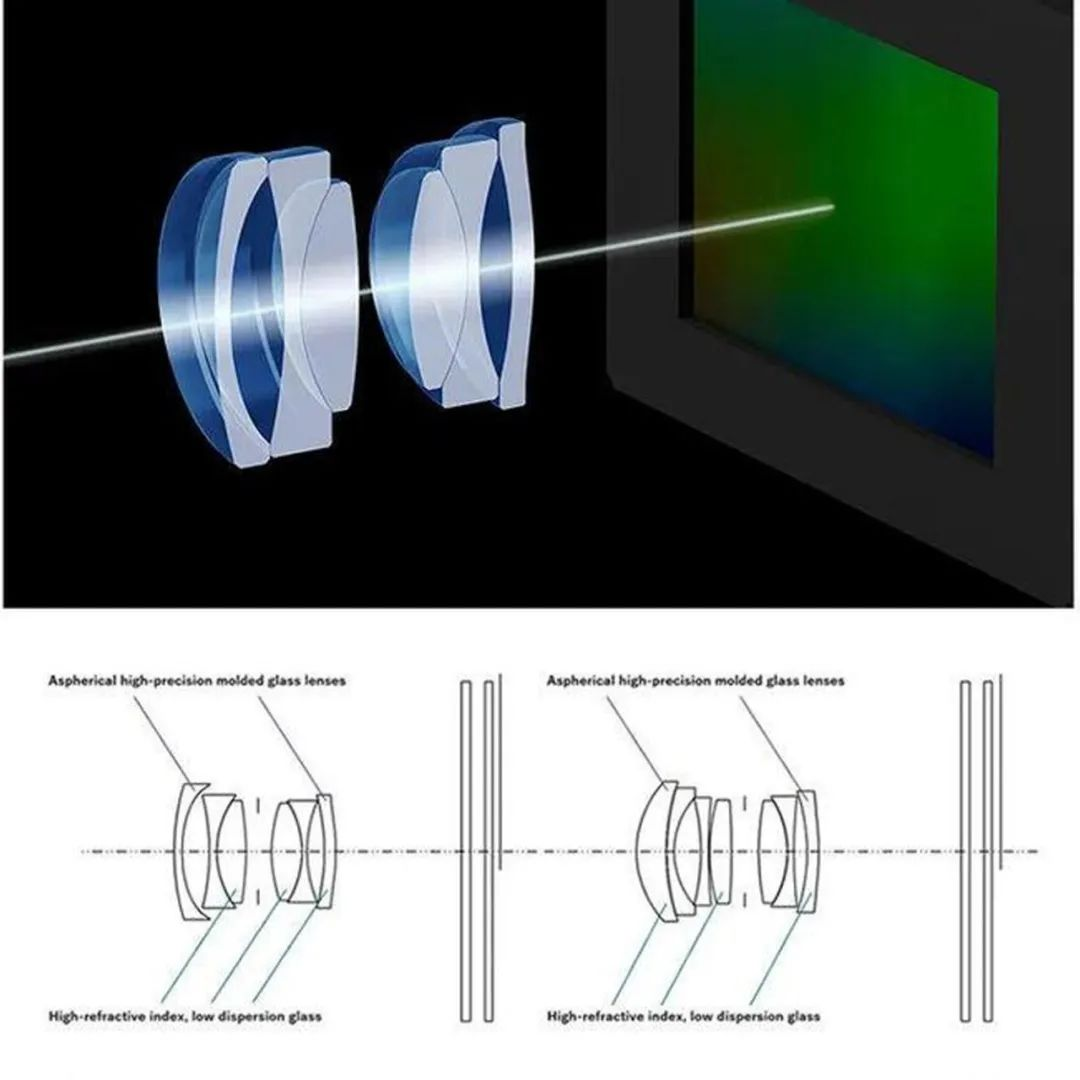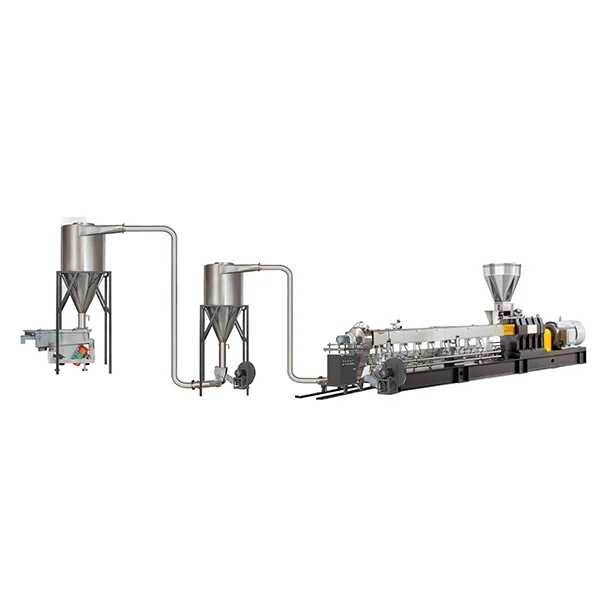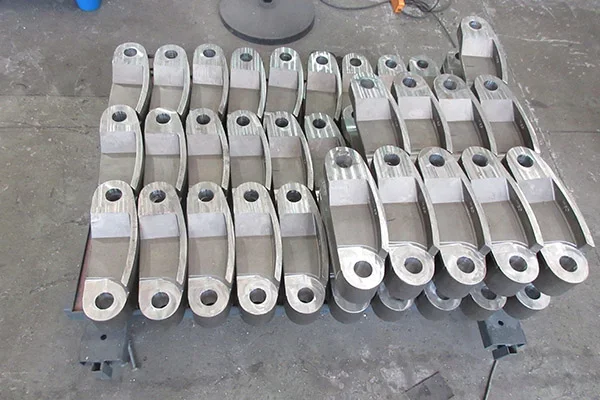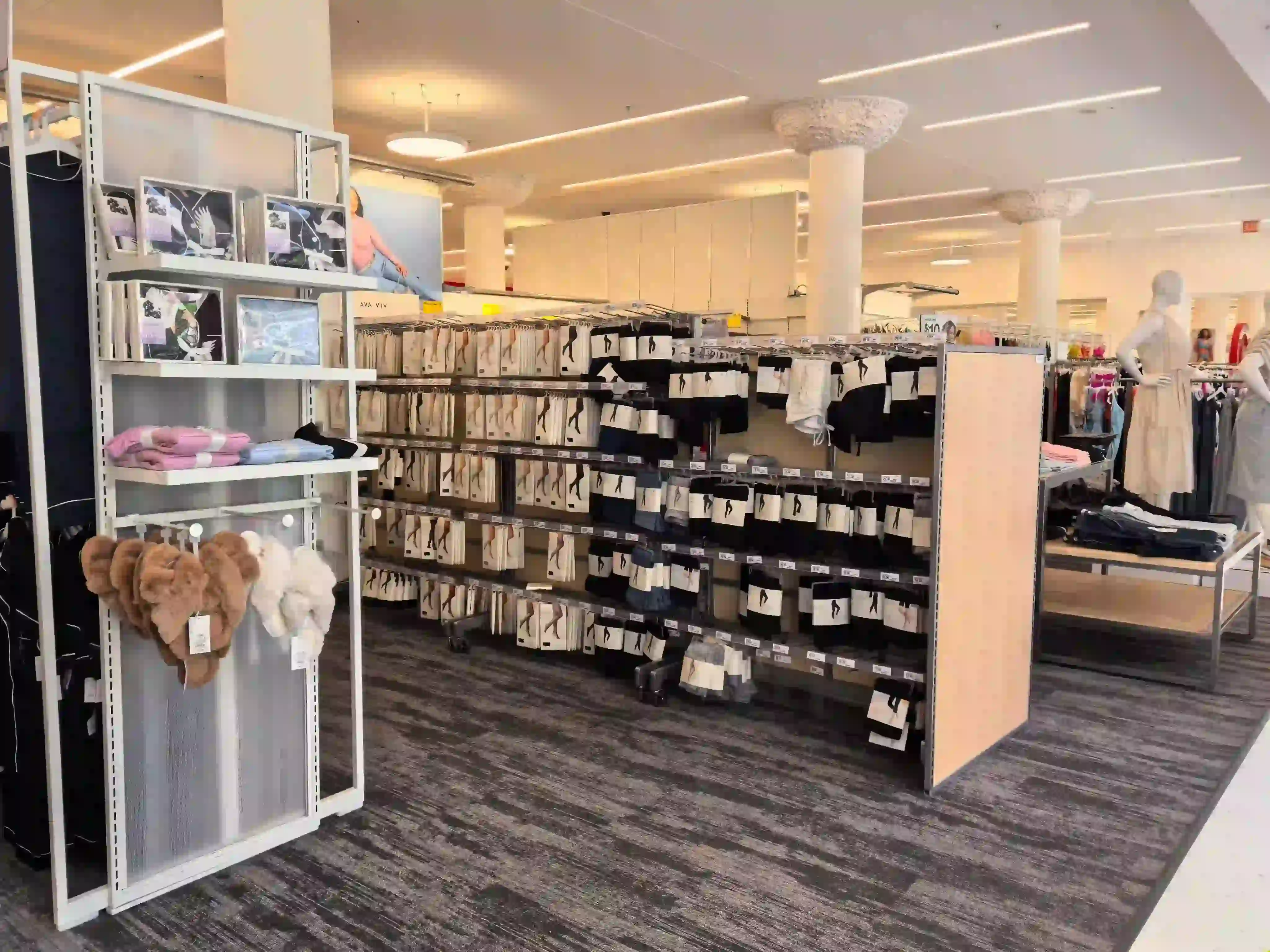The rail transit industry gear exporter plays a pivotal role in the global transportation ecosystem, facilitating the movement of critical components that keep rail systems running smoothly and efficiently. From high-speed trains to urban metros, these exporters ensure that the complex machinery within the rail transit industry operates with precision and reliability. In this blog post, we will explore the multifaceted role of rail transit industry gear exporters in shaping modern transportation, focusing on their impact on technology, sustainability, and global connectivity.

The Importance of Rail Transit Gear Exporters
Rail transit gear exporters are essential links in the supply chain of the rail transit industry. They are responsible for sourcing, manufacturing, and exporting a wide range of gears and related components used in various types of rail vehicles and infrastructure. These components include gearboxes, couplers, axles, wheels, and other mechanical and electrical parts that are vital for the operation of trains and trams.
Global Market Outlook and Demand
The global rail transit gear market is experiencing significant growth, driven by increasing investments in rail infrastructure, technological advancements, and a rising demand for efficient and sustainable transportation modes.
This growth is particularly notable in developing economies where urbanization and industrialization are at their peak, necessitating efficient and reliable transit systems.
Technological Advancements and Innovation
Technological advancements are propelling the rail transit gear market forward, with innovations in materials science and engineering leading to the development of more durable, lightweight, and efficient gears.
The use of composite materials and advanced alloys has significantly enhanced the performance and lifespan of various gear components. Moreover, the integration of digital technologies and IoT in rail gear systems has enabled real-time monitoring and predictive maintenance, reducing downtime and operational costs.
Sustainability and Environmental Impact
Sustainability is a key focus area for rail transit industry gear exporters. The rail industry is well positioned as a more sustainable option than other transport modes, as shifting freight and passenger flows from road and air to rail can reduce CO2 emissions significantly.
Rail transit gear exporters contribute to this sustainability agenda by providing components that support the decarbonization of rail operations, such as modern, energy-efficient gearboxes and traction systems.
The Impact on Modern Transportation
The role of rail transit industry gear exporters in shaping modern transportation is multifaceted:
-
Enhancing Efficiency: By supplying high-quality gears and components, exporters help ensure that rail transit systems operate efficiently, with minimal delays and downtime.
-
Driving Innovation: Exporters often work closely with manufacturers and operators to develop new technologies and solutions that improve the performance and reliability of rail transit systems.
-
Supporting Sustainability: By providing components that enable more energy-efficient and environmentally friendly rail operations, exporters contribute to the broader sustainability goals of the transportation sector.
-
Facilitating Global Connectivity: Rail transit industry gear exporters play a crucial role in connecting global markets by ensuring that rail systems around the world have access to the components they need to function effectively.
Challenges and Opportunities
Despite the significant role of rail transit industry gear exporters, they face several challenges, including:
-
Competition: The market is highly competitive, with numerous players vying for market share. Exporters must continuously innovate and improve their products to stay ahead.
-
Regulatory Compliance: Exporters must navigate a complex web of regulations and standards in different markets, ensuring that their products meet the required specifications.
-
Technological Change: The rapid pace of technological change in the rail transit industry requires exporters to continuously invest in research and development to keep up with the latest advancements.
Market Analysis and Key Players
The rail transit gear market is dominated by a few key players, including Siemens AG, Alstom SA, and Bombardier Inc., among others.
These companies are known for their extensive product portfolios and focus on technological advancements. They are continuously investing in research and development to enhance the performance and reliability of their rail gear systems.
Conclusion
In conclusion, rail transit industry gear exporters play a critical role in shaping modern transportation by providing the essential components that ensure the efficiency, reliability, and sustainability of rail transit systems worldwide. As the rail transit industry continues to evolve and expand, the role of these exporters will become even more significant, driving innovation, and connecting global markets.
https://www.lrfgears.com/Role-of-Rail-Transit-Industry-Gear-Exporter.html
www.lrfgears.com
Longruifa





